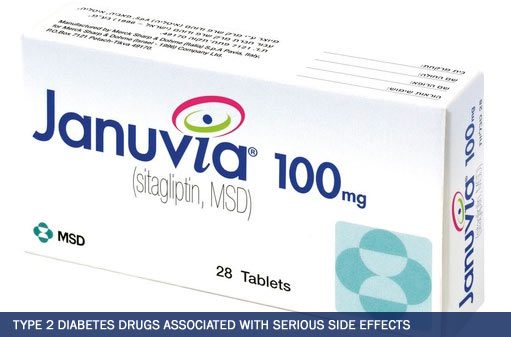
The European Medicines Agency (EMA) instituted a ban on about 700 generic medicines that were approved based in part on what were said to be flawed clinical studies conducted at GVK BioSciences, a contract research organization based in Hyderabad, India. The U.S. Food and Drug Administration (FDA) said it found no systemic issues affecting the […]

FDA Allows Sales of 700 Generic Medicines Banned by Europe
The European Medicines Agency (EMA) instituted a ban on about 700 generic medicines that were approved based in part on what were said to be flawed clinical studies conducted at GVK BioSciences, a contract research organization based in Hyderabad, India.
The U.S. Food and Drug Administration (FDA) said it found no systemic issues affecting the safety or efficacy of generic drugs tested at GVK BioSciences, but the FDA said it supports Europe’s ban, according to Outsourcing-Pharma.com. The banned medicines include different formulations and strengths.
The FDA’s own inspection of the GVK plant did not raise the same concerns found by EMA inspectors. The FDA has identified about 40 pharmaceutical product applications that contain GVK clinical study data between 2007 and 2012. The FDA does not believe there is any danger to patients from these products, based on its own inspection of GVK’s facilities, Outsourcing-Pharma reports. “We have identified the US applications that include data conducted at GVK BioSciences, Hyderabad, and FDA’s subsequent inspection . . . did not reveal systemic issues that affect the safety or efficacy of drug products subject to pending applications or products approved in the US,” an FDA spokesman wrote in an email. “If the FDA identifies issues concerning GVK BioSciences that relate to products approved by the FDA, the FDA will take swift and appropriate action to ensure that the drug products available to American consumers are safe and effective,” he added.
India is one of the world’s largest producers of generic drugs, making not only finished medicines but also supplying drug makers in many countries with active ingredients for their products. Recently, the Indian drug industry has faced a series of quality and safety problems at various companies, according to Reuters.
The FDA’s inspection of the GVK BioSciences facility in Hyderabad took place in September 2014, after the EMA informed the FDA of its concerns about the clinical part of bioequivalence studies conducted by GVK in Hyderabad. “The FDA agrees that non-compliance with good clinical practices is a serious concern, and we support EU member states’ actions regarding studies submitted to European authorities,” the FDA spokesman said.
Determining which drugs on the EMA list are available in the United States is difficult because the FDA has not identified the products. Several companies with US operations, including Abbott Laboratories, Teva Pharmaceutical Industries, and Mylan, had products that appeared on the EMA list. Abbott said it does not sell any pharmaceutical products in the US. Mylan and Teva did not respond to inquiries about which of the products banned in Europe are still sold in the U.S., and whether they planned any actions. It remains unclear whether Teva, Mylan or other companies whose drugs appear on the EMA list manufacture any of the listed products under contract for companies that sell them in the United States.
The EMA said its inspection of GVK’s Hyderabad facilities found instances of data manipulations of electrocardiograms (ECGs) during the conduct of some studies of generic medicines, which appear to have taken place over a period of at least five years. GVK has protested the European decision, Outsourcing-Pharma reports.


